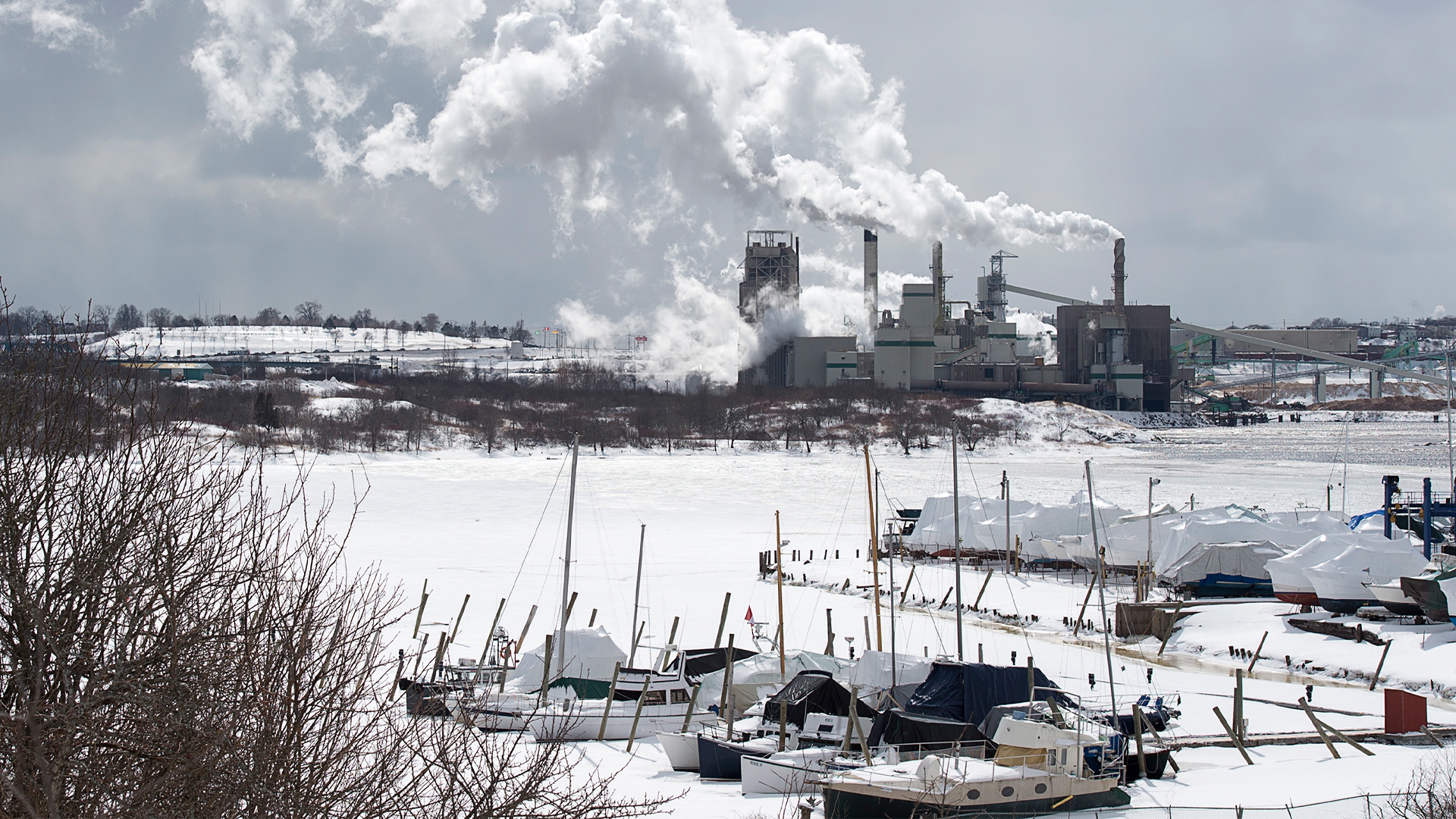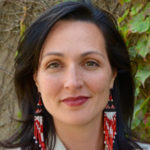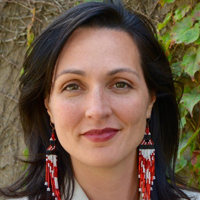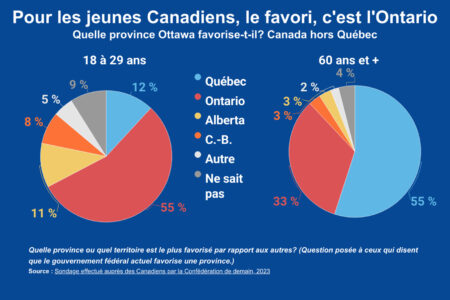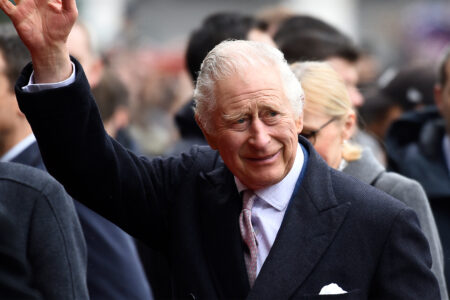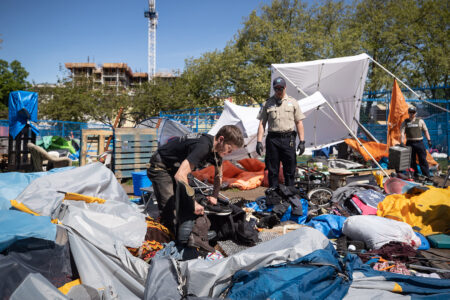
New Brunswick cabinet ministers seem to be on a sustained campaign to create division between non-Indigenous New Brunswickers and the Indigenous people of New Brunswick. Why? Because the Wolastoqey Nation has invoked their constitutional rights to seek legal confirmation of their Aboriginal title to the watershed of the Wolastoq, known to the non-Indigenous population as the Saint John River.
This campaign, on the heels of the provincial government’s refusal to launch a public inquiry into systemic racism in the justice system and a unilateral announcement that tax-sharing arrangements with First Nations would end seems to be the latest in an approach to Crown-Indigenous relations in New Brunswick that is the polar opposite of reconciliation.
The government’s attack on the Wolastoqey title claim began on October 14, when Attorney General and Minister of Justice Ted Flemming issued a directive to all government officials instructing them to not refer to New Brunswick as the “unceded” or “unsurrendered” territory of the Wolastoqey (previously commonly known as the Maliseet), Mi’kmaq and Peskotomuhkati (previously commonly known as the Passamaquoddy) because of the Wolastoqey claim.
Many people and organizations including the RCMP have, in the aftermath of the leaked directive, reiterated that New Brunswick is situated on unceded and unsurrendered Indigenous land. The Canadian Union of Public Employees stated that it will file a grievance if any of its members are disciplined for making land acknowledgements that are inconsistent with Flemming’s directive. The satirical online newsite Walking Eagle News mocked Flemming’s memo. One story’s headline was: “New Brunswick hiring wizard amid fears land acknowledgements can magically return lands to First Nations: leaked memo.”
The six chiefs of the Wolastoqey Nation in New Brunswick explained that “(w)e were forced to file a title claim because our rights continue to be ignored by GNB [the Government of New Brunswick]. Now, in response to this, the province seeks to further trample our rights and erase us from the history of this province.” They also noted that “The Wolastoqey Nation is not seeking the return of all of the land in its traditional territory through the title claim. We made it very clear when giving the Crown notice of our claim in October 2020 that we were not looking to displace homeowners in New Brunswick.”
Shifting the relationship between provinces and First Nations toward diplomacy
Indigenous self-government in Yukon holds lessons for all of Canada
At the end of October, Flemming wrote an opinion piece, in which he stated that he wanted “to take some time to lay out all the details to provide the public with more information about our government’s perspective.” It is unfortunate that he did not actually provide the public with all of the details of the Wolastoqey claim.
Flemming was right that the Wolastoqey Nation sought legal recognition of their Aboriginal title to all of the lands, rivers, streams, lakes and airspace of the Wolastoq watershed and that this constitutes about 60 per cent of the territory of what is, today, New Brunswick. He inappropriately sought to create fear among New Brunswickers, though, by suggesting that private residential and commercial property owners will also be affected, as privately held property was not being excluded from the Aboriginal title claim.
Flemming, however, left out some key details about the Wolastoqey Nation’s Aboriginal title claim. The first is that the claim seeks a declaration from the court that the Wolastoqey have Aboriginal title to their traditional territory. A declaratory judgment does not actually alter anything out in the world; it is merely a statement from the courts of one’s legal rights. It may be useful in securing a negotiated resolution to a conflict because governments are expected to respect court rulings, but it is not self-fulfilling.
Secondly, a declaration that the Wolastoqey have Aboriginal title to the Wolastoq watershed could apply to privately owned property, but it is not certain that it would have any direct effect on private property owners. Canadian courts have not yet addressed the issue of how Aboriginal title affects private ownership of Aboriginal title lands. Flemming, thus, cannot know whether this claim will have any effect on private property owners.
All property that is privately owned in Canada is subject to an underlying title. If the underlying title is not Aboriginal title, it is held by the Crown. Despite this, private individuals and corporations can buy and sell property. The Crown using its underlying title to take control of privately held land through expropriation is extremely rare.
There is no reason to imagine that just because the underlying title to the Wolastoq watershed is found by the courts to be Aboriginal title, rather than Crown title, private property owners in the Wolastoq watershed would be any more at risk of having their property taken away from them. After all, the Wolastoqey clearly said when they first filed their claim that they are not seeking to displace non-Indigenous homeowners with their action; they are just seeking to affirm that they have underlying title.
In an attempt to settle the fears of New Brunswickers, the Wolastoqey Nation in New Brunswick amended its claim in November. The amended claim makes it clear that the Wolastoqey are seeking a declaration of their Aboriginal title to the Wolastoq watershed and compensation from the Crown for the infringement of that title but are only seeking possession of Crown lands and the lands owned by specific large forestry companies and NB Power.
Despite this, at a December 1st news conference with Minister of Natural Resources and Energy Development Mike Holland and Minister of Aboriginal Affairs Arlene Dunn, Premier Higgs suggested that the new statement of claim does not “protect the rights of all New Brunswickers” and that the Wolastoqey’s legal documents do not provide that reassurance.
The statement of claim however is very clear. The Wolastoqey Nation seeks “no relief against fee simple holders not named as Defendants who hold fee simple in the Traditional Lands (‘Strangers to the Claim’).”
Higgs also asserted that the Wolastoqey want to “own” and “perhaps even operate the businesses that currently own and operate on those lands.” Aboriginal title, however, would never automatically result in the businesses of third parties being transferred to the Aboriginal title holders. This is a misreading of what Aboriginal title means. An Aboriginal group cannot “take control of land that is privately owned,” as the premier claimed. This is pure fiction.
Time to put action behind university land acknowledgements
Reconciliation needs to address Canada’s history of spiritual abuse
The premier went further in the December news conference by suggesting that the title claim “strikes at the heart of our forestry industry” while raising concerns about environmental responsibility. A more equitable and just sharing of resources in Canada is at the heart of what our Constitution’s recognition of Aboriginal rights is all about. The Wolastoqey have stronger traditions of, and greater knowledge about, protecting their lands and resources than do federal and provincial governments. Any attempt to instill fear of the Wolastoqey among workers in the forestry industry, is simply racism.
Admittedly, the claim creates uncertainty. This is true of all litigation. As Aboriginal law scholar John Borrows points out: “The Crown cannot give to others what it does not itself possess.” Thus, private ownership that has its source in Crown title is not secure on lands that are, in fact, Aboriginal title lands, as the Crown itself lacks underlying title. It is really the Crown that has created the uncertainty by attempting to give private parties that which it does not possess itself.
Borrows makes the wise observation that “As far as possible, courts, Parliament, legislatures, and Indigenous governments must do all they can to ensure no-one is unjustly deprived of the benefits of their long-settled expectations regarding land use and occupation – and this goes for both Aboriginal title holders and third-party or private land interests.”
If one party to a dispute is not prepared to engage in good faith negotiation to achieve a just result, however, litigation may be the other party’s only option. Unfortunately, this is the position in which the Wolastoqey find themselves.
This government’s strategy of sowing fear and division in response to the Wolastoqey Nation title claim demonstrates, unfortunately, that this government is not interested in a reasonable approach to the constitutional reality that the territory of the Wolastoqey was never ceded nor surrendered to the Crown. Dunn’s claim that “the province is dedicated to ensuring its relationship with First Nations is respectful and based on sound principles that provide real benefits … where all First Nations prosper” sounds hollow given this government’s actions.
The government of New Brunswick needs to stop engaging in the politics of fear and, instead, begin to build a relationship of reconciliation with the Wolastoqey Nation. It’s disappointing that there’s been no evidence of any effort made so far.




